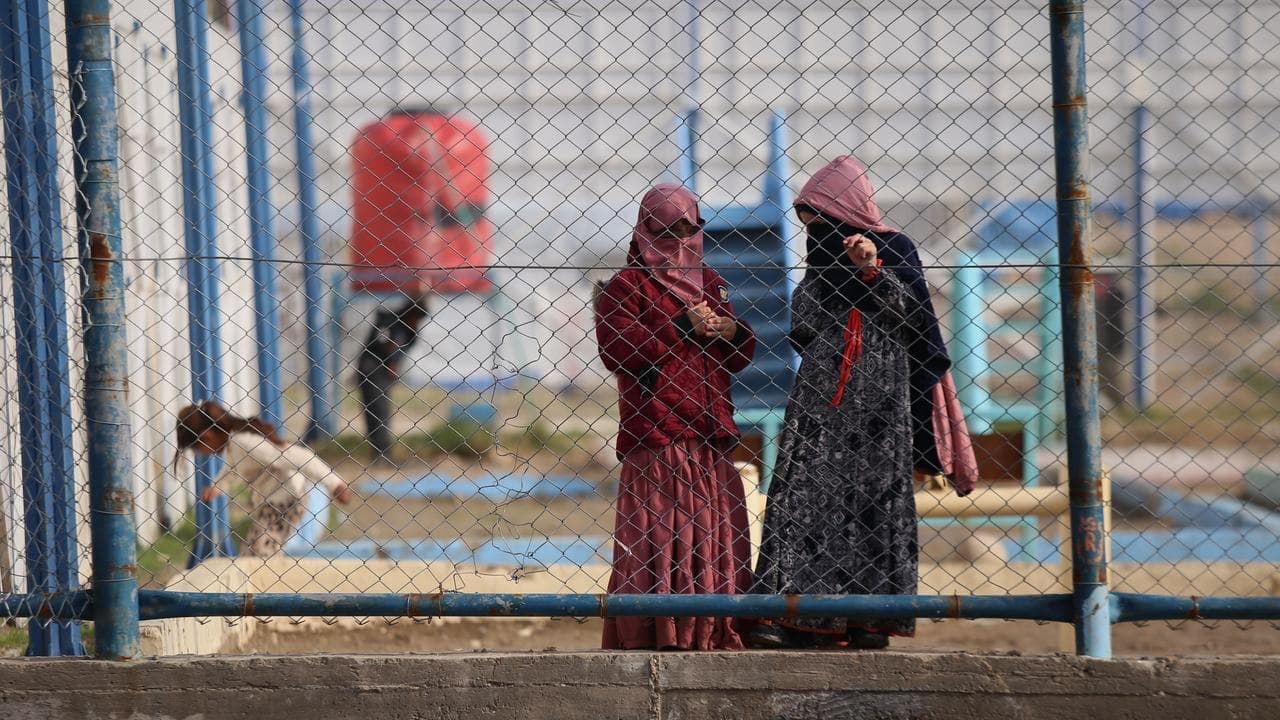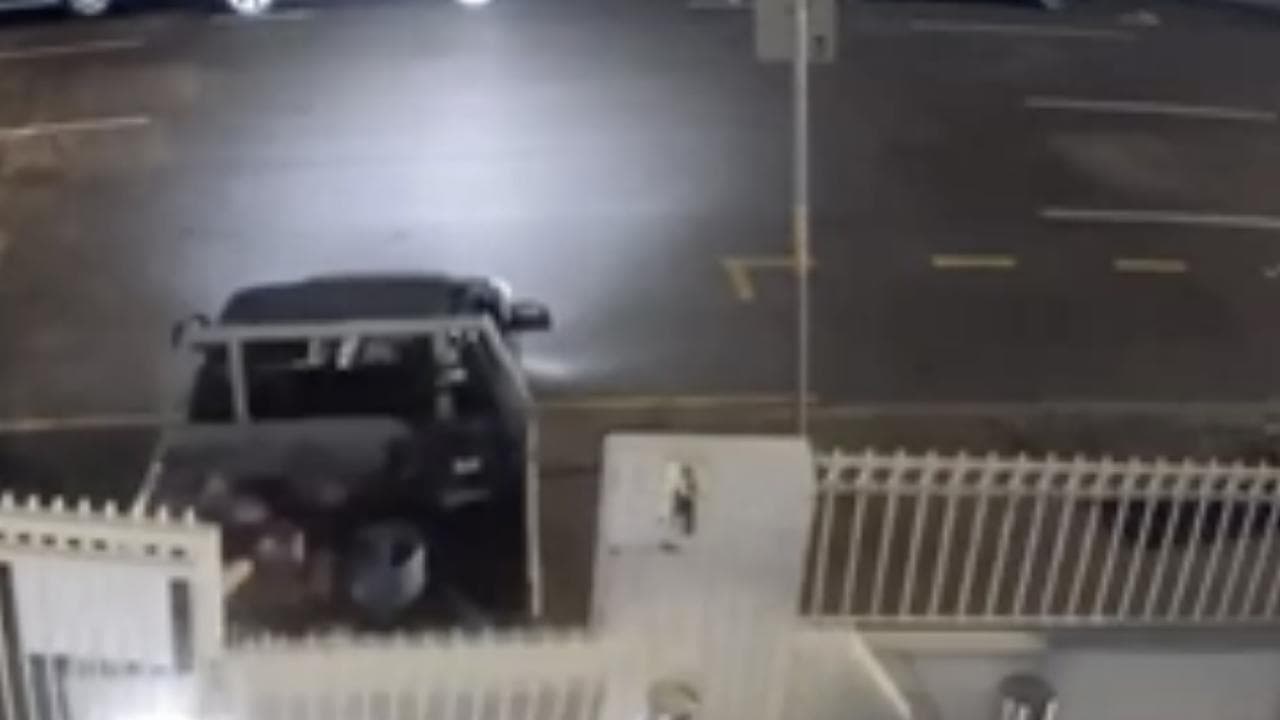The Statement
A Facebook post claims the World Bank was distributing COVID-19 test kits around the world in 2018, two years before the pandemic was declared.
The September 7 Facebook post features a screenshot of a World Integrated Trade Solution (WITS) database titled 'COVID-19 Test kit (300215) exports by country in 2018'.
The image shows a table with a red oval drawn around two columns - a product description column listing 'COVID-19 Test kits' in each row, and a column titled Year, with 2018 listed in each row.
The caption reads: "Another massive truth bomb!!! TIME TO WAKE UP. The world bank was exporting COVID-19 tests in 2018...2018 people!!!! Apparently we have been told the virus did not exist until December 2019. ONLY 3 months after the non-coincidental EVENT 201 in NY".
The caption also includes a link to the current WITS page, now labelled: Medical Test kits (300215) exports by country in 2018, and with no reference to Covid-19 in the product description column.
The post has been viewed more than 280,000 times and shared on more than 150 occasions.

The Analysis
The World Bank says COVID-19 testing kits were not being exported in 2018, and inaccurate social media claims stemmed from the misinterpretation of a label change made to improve the tracking of common medical equipment now being used to test for COVID-19.
Exported products have uniform classification numbers known as Harmonized Commodity Description and Codes, assigned to simplify identification and group items.
The World Bank said the World Health Organisation issued a list of medical products in March 2020 which were already in circulation but had become vital to the COVID-19 response.
At the same time, the equipment - like diagnostic or laboratory reagents, ventilators and hand sanitisers - was given new HS codes and less technical product descriptions, with the World Bank stating the aim was to make it simpler to track their distribution.
WITS is a database developed by the World Bank, United Nations Conference on Trade and Development and others, to gather and display international trade and tariff data.
An archived version of the WITS webpage from early September 2020 is an exact match to the one shown in the Facebook post.
However, changes were made to the WITS website on September 7, 2020.
The archived version of the webpage is titled 'COVID-19 Test kits (300215) exports by country in 2018', as shown in the Facebook post. The updated and current version of the webpage, is labelled 'Medical Test kits (300215) by country in 2018'.
The current version of the webpage and the version shown in the Facebook post both list under Additional Product information: 'diagnostic reagents based on immunological reactions'.
However, the page versions differ under 'Category', with the one shown in the Facebook post stating: 'COVID-19 Test kits/Instruments, apparatus used in Diagnostic Testing', and the current WITS page showing 'Medical Test kits' in place of 'COVID-19 Test kits'.
The current WITS page also differs in that it includes the following explanation: 'The data here track previously existing medical devices that are now classified by the World Customs Organization (WCO) as critical to tackling COVID-19'.
It includes a link to a joint document from the World Health Organization and WCO about the updated HS codes.
Harmonized System (HS) codes are used by customs authorities around the world as a standardised tracking system. It helps authorities identify products when they assess duties and taxes and for gathering statistics.
The codes are updated every five years, with the last general update in 2017.
The HS code 300215, which appears against the post's COVID-19 Test kits and the Medical Test kits currently displayed on the WITS site, relates to "immunological products, put up in measured doses or in forms or packings for retail sale".
Other products unrelated to COVID-19, such as a chromatographic immunoassay kit which is used to detect the presence of drugs in urine, have been classified under this HS code previously.
According to the WCO, COVID-19 medical supplies, including testing kits, were added to the 300215 HS code in March 2020 in response to demand in medical supplies and to "help countries speed up the cross-border movement of these critical products".
The World Bank released a statement on September 8 to clarify the "misinformation recently posted on social media", saying many health products were labelled in technical terms using HS codes prior to the COVID-19 outbreak.
It said the WITS used the WCO's new descriptions, including 'COVID-19 Test kits', to create a new database to collate information about key COVID-related medical supplies in one place.
"In light of misinterpretations that have occurred in recent days, the labeling in the WITS site has been updated to reflect the reality: COVID-19 tests did not exist before 2020," the World Bank said.
A similar version of the claim has been debunked by an Italian fact-checking unit.

The Verdict
Based on the evidence, AAP FactCheck found the Facebook post to be partly false.
While the World Bank's WITS database did show "COVID-19 Test kits (300215) exports by country in 2018", the World Bank has explained their site was "misinterpreted" as a result of recent classification changes to HS codes.
This was adjusted by the World Bank on September 7 to avoid further confusion on social media and to reflect the reality that COVID-19 tests did not exist before 2020.
Partly False - The claim(s) of the content are a mixture of accurate and inaccurate, or the primary claim is misleading or incomplete.












